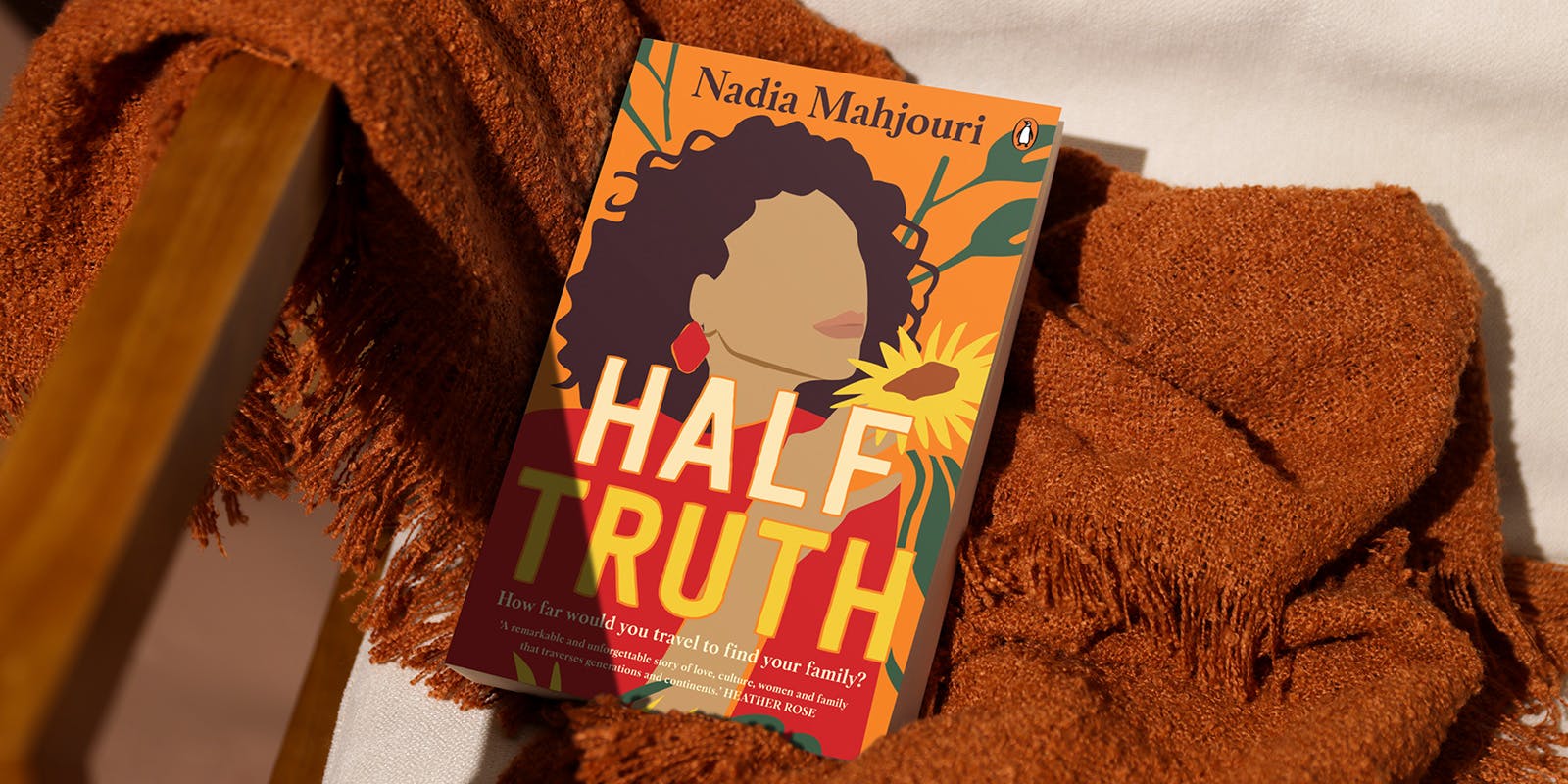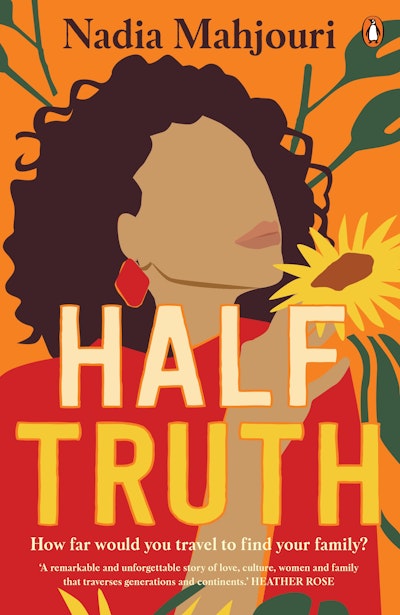A moving drama about family, loss and belonging to read with your book club.
Half Truth follows two women, continents apart, with one thing in common: Ahmed.
Khadija, who lives in Marrakech hasn’t seen her son, who has been missing for over twenty years. Meanwhile, Zahra lives in Tasmania and is questioning her identity as a new mother.
When Zahra decides to go to Morocco with her baby to get insight into who she is, she finds a loving family and culture ready to embrace her – but no father. The women’s stories collide as they help one another move on and embrace fulfilling lives.
Discussion points and questions
- How far would you travel to find your family?
- How much did you know about the history, culture and politics of Morocco before reading Half Truth? Nadia Mahjouri elaborates a colourful, scented and welcoming world. Can fiction, like travel narratives, function as ‘armchair travel’?
- Should Khadija torment herself for exiling her son? She was only trying to save his life, wasn’t she? Or was it a reprieve for herself, or about protecting the rest of the family?
- Why do you think her mother withheld sharing her time in Morocco, and her married life with Ahmed from Zahra?
- Travelling on your own with a young child is difficult. Was it her own new motherhood that made the desire of Zahra to find her father, her family, irresistible?
- Was Zahra’s trip to Morocco to find her father, or to establish her self-identity?
- Inter-generational narratives paint a large picture and can be unwieldy. How vital to Zahra’s story was Khadija’s? In the absence of Ahmed, was Zahra a satisfactory conclusion to Khadija’s life?
- Half Truth started as a much broader work of non-fiction before the author settled on writing a novel. As a reader, do you approach fiction and non-fiction with different expectations? Do you think one has the capacity to tell a more authentic story than the other?













